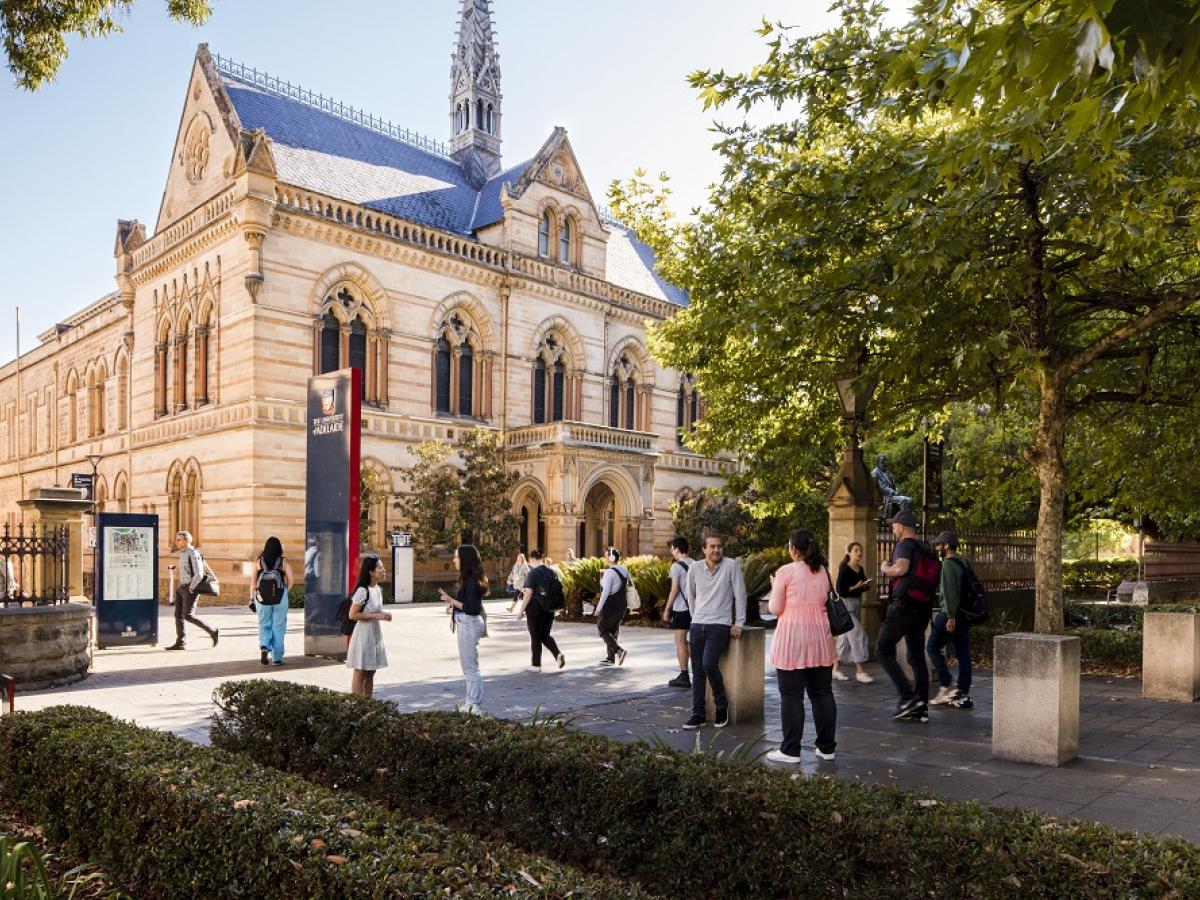Two University of Adelaide projects have been awarded almost $2 million in funding to reduce the risk of heart failure from type 2 diabetes and investigate how low-calorie sweeteners interact with and contribute to the disease.

The investment comes from the Federal Government's Medical Research Future Fund (MRFF), which the University's Deputy Vice-Chancellor and Vice President (Research), Professor Anton Middelberg, says will help researchers in their efforts to improve the lives of those living with and at risk of type 2 diabetes.
"These research projects will improve the health of vulnerable Australians and lead to medical advancements that will serve the global population," Professor Middelberg says.
"The University of Adelaide is proud to be at the forefront of impactful research. Through projects like these, we address complex medical challenges and provide significant benefits to Australia and the wider community."
Associate Professor Tongzhi Wu from the University of Adelaide's Faculty of Health and Medical Sciences was awarded $999,733 for a project which will address a major knowledge gap in how low-calorie sweeteners (LCS) in foods and beverages increase the risk of type 2 diabetes.
"LCS are consumed avidly and increasingly in Australia and around the world, and are widely endorsed as a substitute for added sugar in order to prevent and manage type 2 diabetes," Associate Professor Wu explains.
"Strikingly, epidemiological evidence indicates that high habitual consumption of LCS is associated with increased risks of type 2 diabetes and death. A clear understanding of the causal impact of LCS on blood glucose control is urgently needed to address this paradox and inform practice and health policy."
The project will examine the impact of the most widely used LCS on glucose metabolism and uncover their mechanisms of action.
"Our findings will inform consumers, health professionals, policy makers, and industry, with a high potential to refute the paradigm of advocating LCS use to prevent and manage type 2 diabetes," Associate Professor Wu says.
Dr Cher-Rin Chong, also from the University of Adelaide's Health and Medical Sciences faculty, was awarded $999, 536 for a project which aims to improve cardiac outcomes in people living with diabetes.
Alongside University of Oxford collaborator Associate Professor Betty Raman, Dr Chong will determine the role of microvascular glycocalyx in the development of heart failure in people living with type 2 diabetes, and how it can be treated.
"Heart failure for people living with diabetes is a regular cause of hospitalisation, with no specific treatment available," Dr Chong says.
"Although it has been suggested for many years that development of heart failure in people with diabetes is rare, it is difficult to study this in patients because of other overlapping risk factors."
Dr Chong hopes the research will inform practices within clinics and establish methods to detect, prevent and treat heart failure in people living with type 2 diabetes.
The MRFF's Targeted Translation Research Accelerator - Cardiovascular Disease and Diabetes Mechanisms grants provide researchers with up to $1 million dollars for small-scale development projects to be completed within two years.






